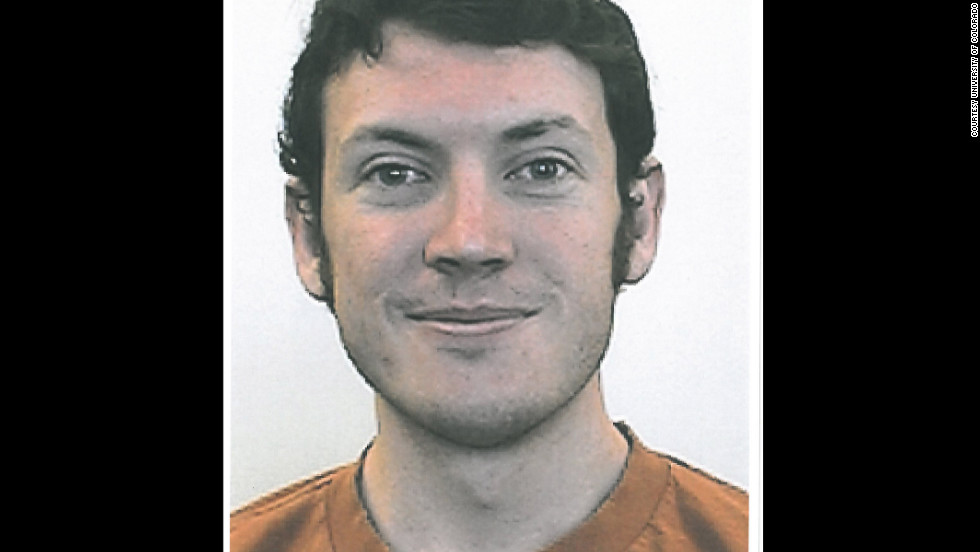nikolai_42
Well-known member
Not if you understand that however you put it, you don't have the right to abrogate the rights of anyone else in your exercise.
What (generally) governs the nullification (or diminishment) or rights when it becomes a choice as to whose rights are paramount? In other words, when going one way impedes the rights of one party while going the other impedes the rights of the other, what is the governing principle?
Just an attempt by a bystander, but shouldn't that which tends to diminish (overall) rights the least be the guiding principle? Thus, in gun control, giving someone technology they can't comprehend (and thus, handle safely or appropriately) should override the right of anyone to own a rocket launcher (except maybe for a handful of weapons specialists). Protecting one's person, property and family should be the proportion to which one's right to weaponry be untouched. I don't need a nuke to protect my family - and I am bound to cause unnecessary destruction to people not threatening my property or family - so there is no reason to legalize the manufacture, possession or distribution of nuclear weapons by private citizens. It belongs only the hands of the military.
As a thought experiment, it is conceivable that if I am overrun by attackers (and, for example, I own a large property) I will need to be able to defend myself, my property and my family against an enslaught. So in that instance, semi-automatic weaponry seems reasonable. Well-noted land mines on my ranch may even be reasonable if in an area where there is a lot of violent crime (and I can't police the whole thing all at the same time). A stretch, maybe, but in general terms it would limit damage to the immediate vicinity and not harm those who aren't on the property (assume illegally). Land mines - in that instance - do not threaten anyone but an intruder on my property (or someone on the property legally who ignores posted warnings). So the intended use of the device can reasonably limit damage to the area of interest (my property).
Which brings up my thought that abuse of something shouldn't govern its regulation of legitimate use (or something like that). The whole point of freedom is that it is a privilege and can't be legislated into existence. One can only set a fence around it and say that those who venture outside it do so at their own risk. American freedom depends on one's own adherence to the rule of law established over 225 years ago. So one can't limit access to something simply on the concern that someone may abuse it. Otherwise we shouldn't license people to drive cars anymore. They can be just as effectively mishandled as weapons. Those lines on the asphalt prevent nothing. Only recognizing and adhering to them does.
Sorry...I think I took off in a few directions there....


